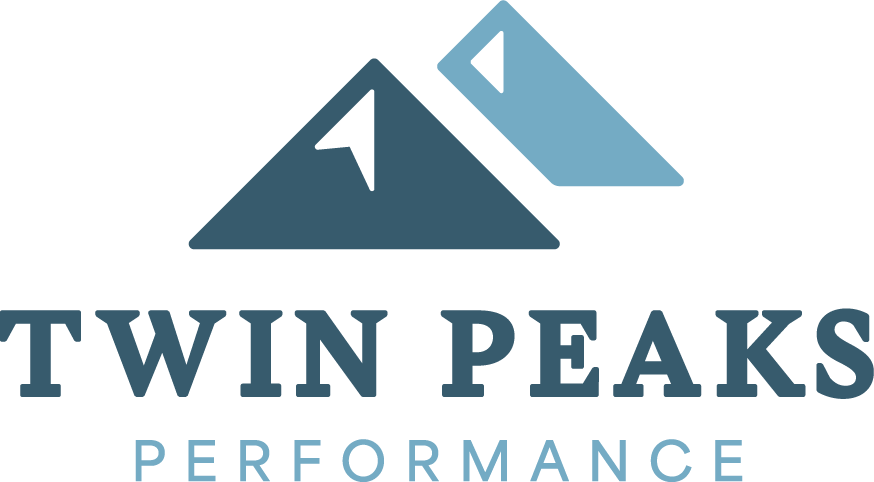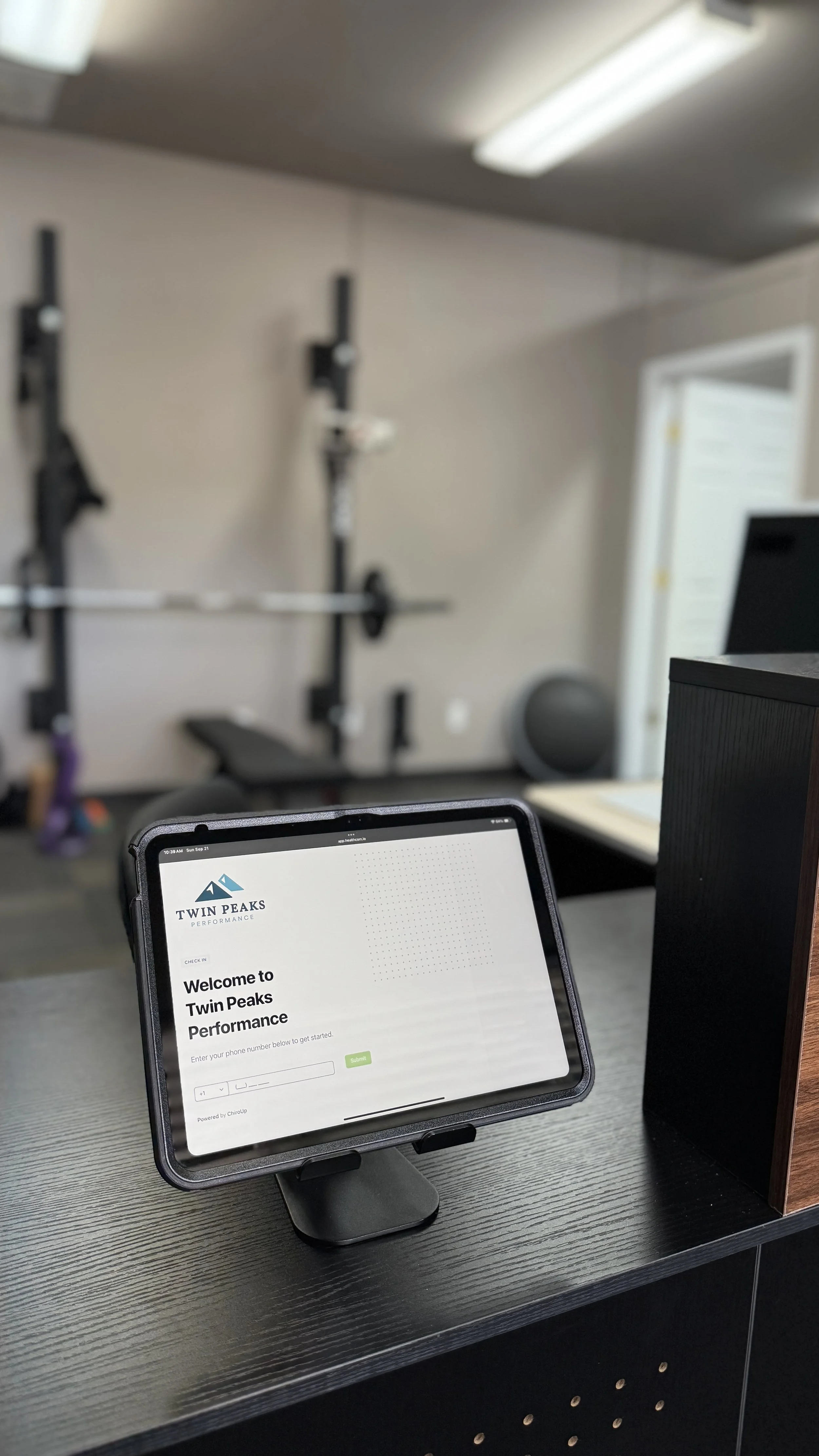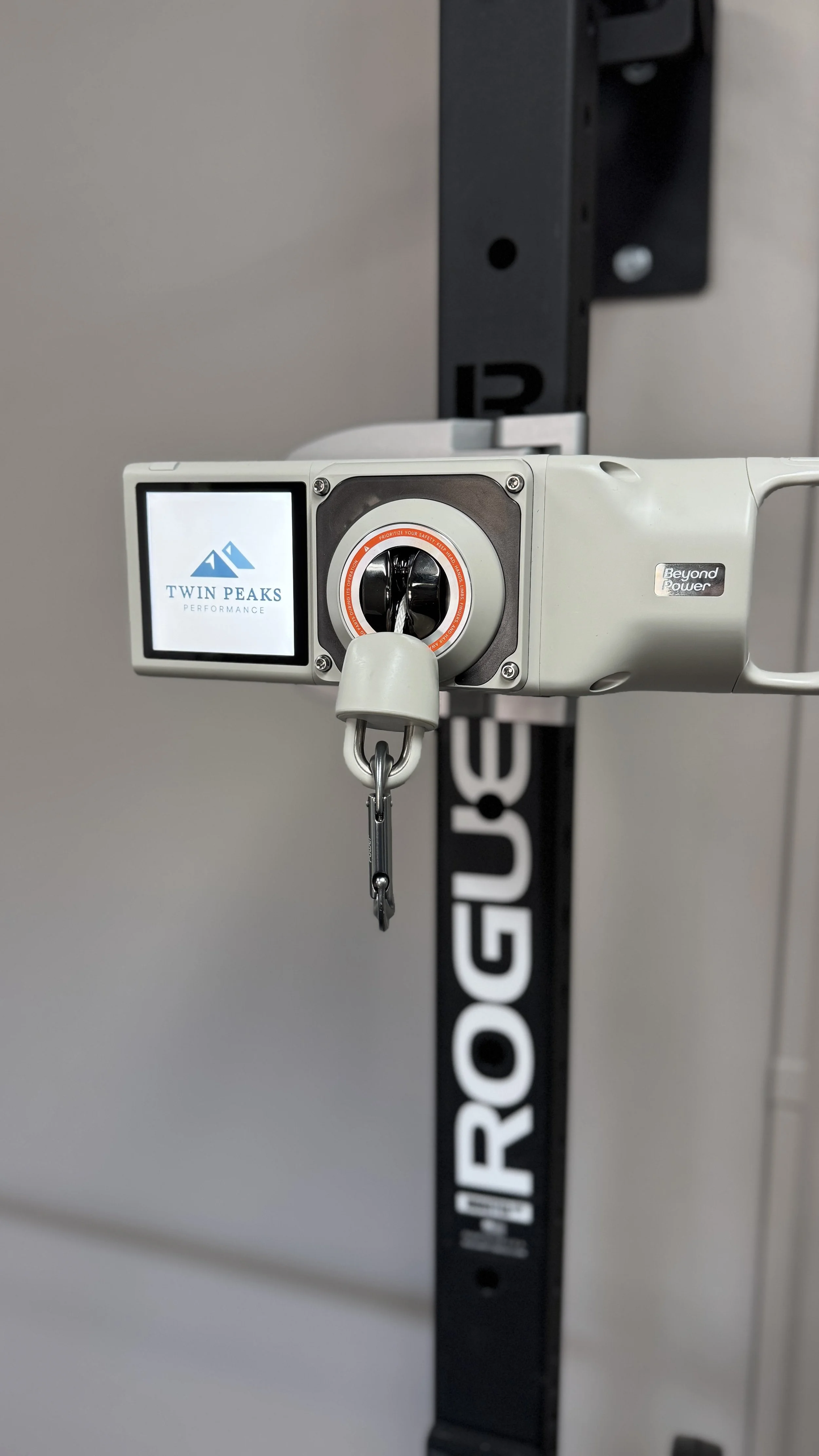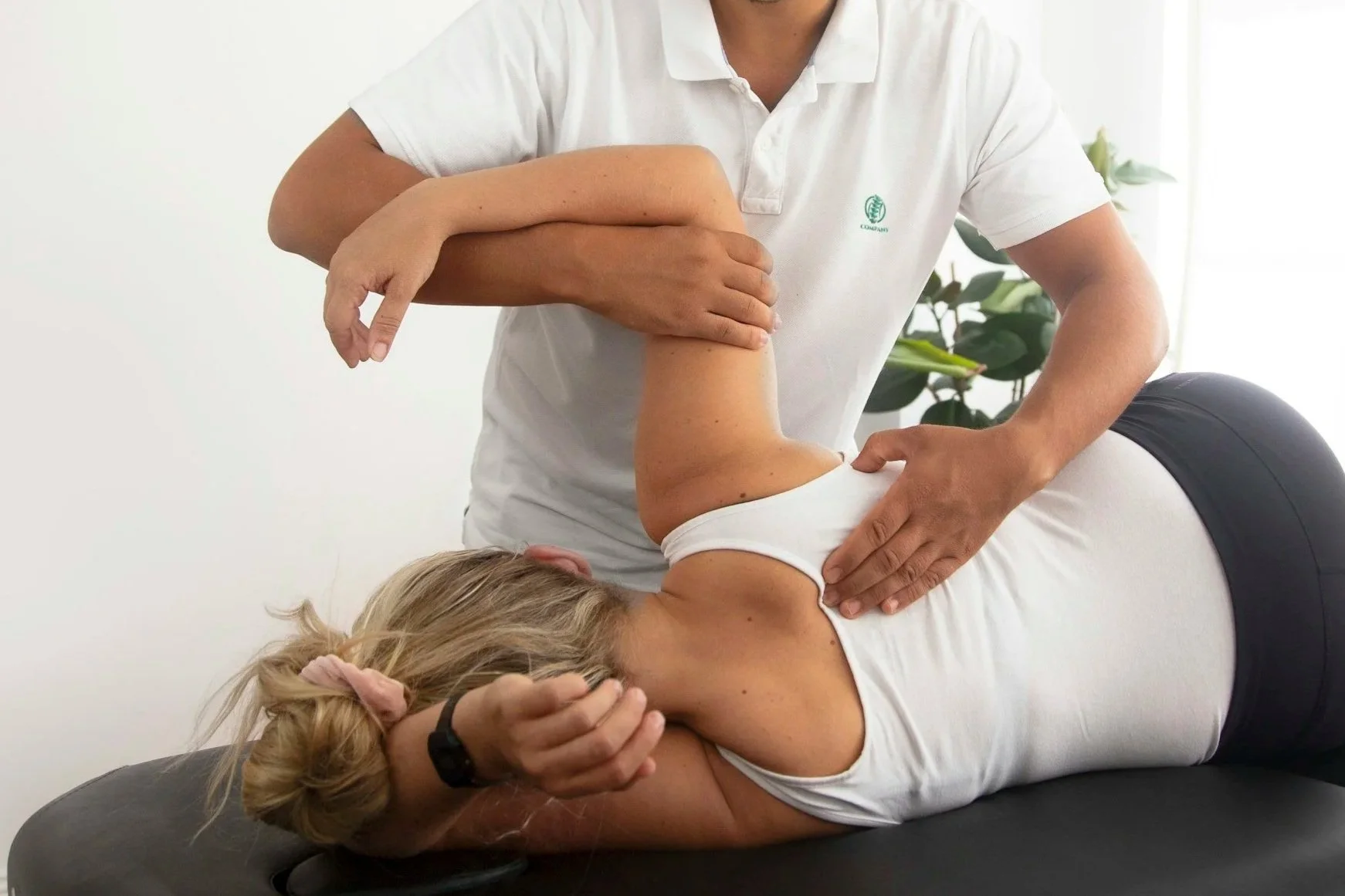Our Services
FREE Phone Consultation
-
Our free phone consultation clarifies how our chiropractic care can address your musculoskeletal issues. We'll review your symptoms and history, explain our advanced techniques and personalized treatment plans, and answer your questions about the process, outcomes, and insurance if needed—ensuring you start your care with confidence and clarity!
-
We offer free consultation calls because we genuinely care about your health and well-being and want to establish that relationship from that start. These calls allow us to understand your unique needs and concerns before any treatment begins. We want you to feel fully informed and comfortable with the process at Twin Peaks Performance. Our goal is to provide transparency upfront so you know exactly what to expect, ensuring confidence and trust from the very start of your journey to better musculoskeletal health.
Chiropractic Care
-
Our chiropractic approach blends precision, expertise, and performance-focused care. Using motion palpation and evidence-based spinal manipulation, we restore proper joint mechanics to reduce pain, improve mobility, and enhance nervous system function. We tailor each adjustment to your needs—whether you’re an athlete seeking peak performance, an active adult working to stay resilient, or someone looking for relief from everyday stress and strain.
-
Chiropractic manipulation is a hands-on technique that improves musculoskeletal function and relieves pain by applying precise force to joints. Patients often find relief from back pain, neck pain, headaches, and stiffness. It also improves posture, mobility, and supports rehabilitation. At Twin Peaks Performance, we combine advanced soft tissue techniques with spinal manipulation to provide effective, lasting care for optimal musculoskeletal health.
Corrective Exericise/Rehabilition
-
We go beyond traditional rehab by addressing the root cause of movement dysfunction. Our corrective exercise programs are tailored to restore proper mechanics, improve mobility, and build resilient strength that lasts. Whether recovering from injury, managing chronic pain, or enhancing athletic performance, we guide you through progressive, evidence-based exercise strategies designed to optimize function, prevent re-injury, and elevate your long-term performance using some of the newest rehab technology and equipment.
-
Our rehab approach based in functional movement patterns and Dynamic Neuromuscular Stabilization (DNS) and advanced equipment deliver personalized, data-driven care targeting the root causes of musculoskeletal issues. We use state-of-the-art tools like our VOLTRA for effective muscle activation, joint mobility, and functional strength training. Unlike generic programs, treatments are tailored to each patient’s condition and lifestyle for faster, lasting recovery. By integrating cutting-edge technology with specialized expertise, our rehabilitation programs effectively address persistent injuries, ensuring a swift and safe return to your optimal performance level.
Myofascial Release
-
We use specialized soft tissue therapies that are designed to effectively relieve pain and restore function by targeting the muscles, fascia, and connective tissues. Utilizing advanced techniques, we work to reduce muscle tension, improve circulation, and break down adhesions that restrict movement. These therapies complement our comprehensive treatment plans, promoting faster healing, enhancing mobility, and supporting long-term musculoskeletal health tailored specifically to your condition.
-
At Twin Peaks, we utilize a variety of soft tissue techniques and modalities. We use the most effective soft tissue techniques and apply methods using best available research and evidence. The techniques we utilize are:
Active Release Technique
Fascial Distortion Model
IASTM/Graston/Scrapping/Muscle flossing
Dynamic Cupping
Kinetisense 3D Motion Analysis
-
Our state-of-the-art 3D motion analysis technology provides precise, real-time assessment of body movements to identify biomechanical inefficiencies and imbalances. Utilizing advanced sensors and LIDAR cameras, this system captures detailed data on joint angles and movement patterns through a variety of motions. This allows our clinicians to develop highly tailored treatment plans, optimize rehabilitation exercises, and monitor progress with exceptional accuracy. By integrating this cutting-edge technology into our practice, we enhance diagnostic precision and improve patient outcomes for a wide range of musculoskeletal conditions.
-
At Twin Peaks Performance, we utilize advanced movement technology to precisely track and analyze our patients' movement patterns and progress. Our comprehensive services include concussion baseline balance screenings, detailed gait analysis, ACL injury risk prediction, as well as specialized assessments for golf swings and pickleball performance. This data-driven approach allows us to tailor treatments effectively and optimize recovery and performance outcomes.
Additional Services
-
We offer comprehensive strength, mobility, and sport-specific training programs, including personal training, corrective exercise, return-to-sport testing, and ACL risk assessments tailored to your needs. Our evidence-based nutrition coaching supports energy optimization, recovery, injury prevention, and overall wellness. Proactive concussion balance baseline (which is complementary to our local athletes) and movement screenings help reduce risk and enhance movement quality. Additionally, our advanced gait and running analysis provides customized performance programs designed to elevate your athletic potential.
-
Offering a variety of services is crucial to ensure the best results because musculoskeletal conditions are complex and often stem from multiple factors. By addressing issues from all angles—through advanced soft tissue techniques, rehabilitative exercise, spinal manipulation, and lifestyle modifications—we provide a comprehensive approach tailored to each patient’s unique needs. This multidimensional strategy not only promotes faster recovery but also helps prevent recurrence by targeting the root causes of pain and dysfunction rather than just the symptoms. Ultimately, a diverse treatment plan enhances overall effectiveness, patient satisfaction, and long-term health outcomes.
Conditions We Treat
Sports & Extremity Injuries
Shoulder injuries – rotator cuff tears, impingement, or labral injuries causing pain and weakness.
Elbow & wrist pain – tennis elbow, golfer’s elbow, or carpal tunnel with grip or hand weakness.
Hip pain – impingement, bursitis, or labral tears that limit squatting, running, or sitting.
Knee injuries – ligament sprains, meniscus tears, and pain with bending or activity.
Ankle & foot pain – sprains, shin splints, plantar fasciitis, or Achilles tendon pain.
Performance-Related Limitations
Gait and running dysfunction – inefficient walking or running mechanics causing pain or fatigue.
Mobility restrictions – stiffness that limits full movement of joints.
Flexibility and strength imbalances – uneven loading that increases injury risk.
Recurrent pain with activity – pain that keeps coming back during sport, work, or exercise.
Specialized Populations
Pregnancy-related back and pelvic pain – discomfort from postural changes and joint stress.
Postpartum recovery concerns – core and pelvic pain after childbirth.
Youth sports injuries – growth-related pain, sprains, or overuse conditions in young athletes.
Active aging conditions – reduced mobility, balance issues, or fall-related concerns.
Spine & Nerve Health
Low back pain – stiffness, soreness, or sharp pain in the lower back.
Sciatica and disc injuries – pain, tingling, or numbness radiating down the leg.
Neck pain and whiplash – aching, stiffness, or pain after injury or poor posture.
Pinched nerves (radiculopathy) – shooting pain, weakness, or numbness in the arms or legs.
Mid-back and rib pain – discomfort that affects breathing, lifting, or twisting.
Postural imbalances – forward head, rounded shoulders, or spinal misalignment.
Muscle & Soft Tissue Conditions
Muscle strains – overstretched or torn muscle fibers from activity or lifting.
Overuse injuries – repetitive stress causing pain, swelling, or stiffness.
Tendinitis/tendinopathy – chronic tendon irritation in the shoulder, elbow, knee, or Achilles.
Myofascial pain – tight knots or trigger points that limit mobility and cause referred pain.
Scar tissue restrictions – reduced flexibility or stiffness following injury or surgery.
Head & Jaw
Tension headaches – tight, pressure-like pain often linked to stress or posture.
Cervicogenic headaches – headaches that originate from the neck and upper spine.
TMJ disorders – jaw pain, popping, or clenching that can cause face and head pain.






